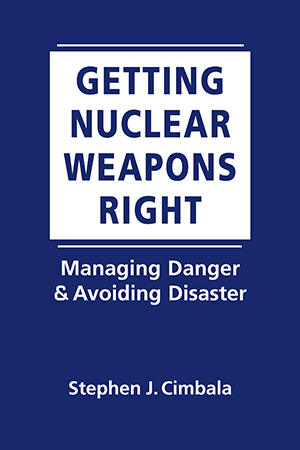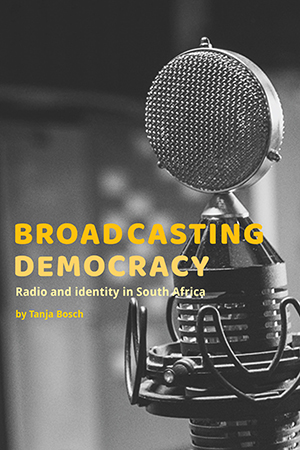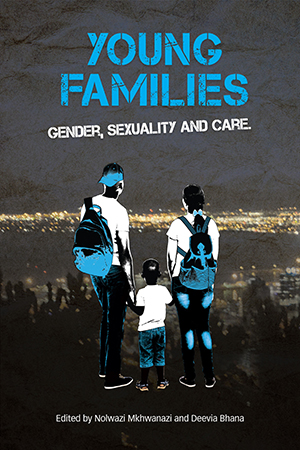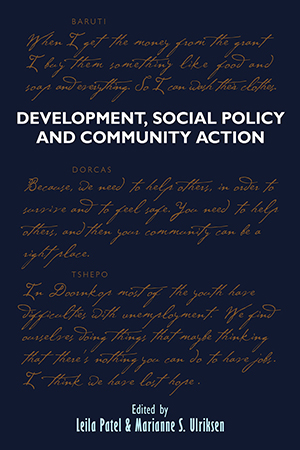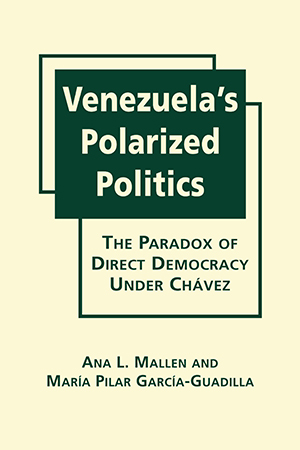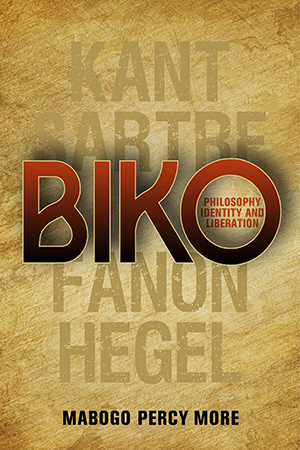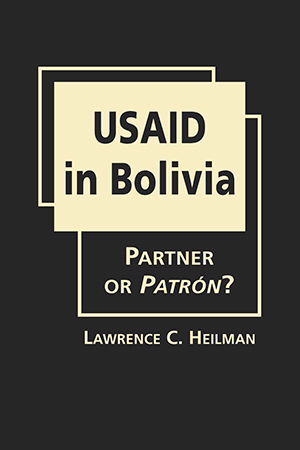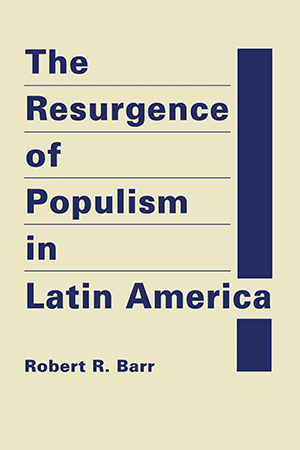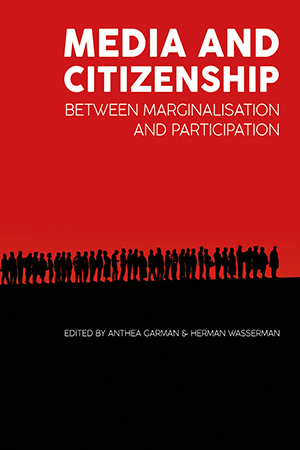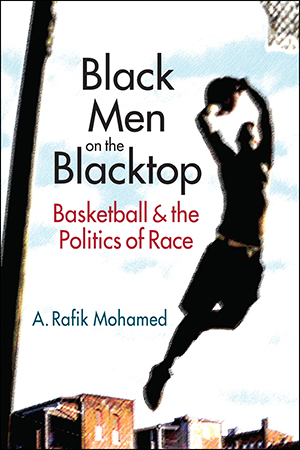BOOKS
Can we avoid nuclear war? Why are we more at risk today than at the end of the Cold War? Can the world powers work together to ensure international stability? Stephen Cimbala provides a More >
The media—and especially radio—continue to be positioned at the center of debates about identity and cultural production in postapartheid South Africa. Tanja Bosch explores the More >
The authors of Young Families present an unparalleled view of the realities of teenage pregnancy in South Africa. Drawing on empirical data, multilevel approaches, and interdisciplinary More >
Solutions to poverty and inequality are often designed, implemented, and evaluated in a top-down manner. The authors of this book turn things around, using a range of research approaches to More >
During Hugo Chávez's presidency, Venezuelan society underwent a sudden—and vicious—split between the Chavistas and the Opposition. What accounts for the extreme More >
Why write a new book about Steve Biko? Are there untapped lessons to be learned or principles to be gleaned from Biko’s work? As he answers these questions, Mabogo More presents an More >
After Bolivia had received more than $4.7 billion from the US government to support 70 years of development efforts, why would Evo Morales abruptly expel USAID from the country in May 2013? More >
Choice Outstanding Academic Book! Latin America has recently experienced a powerful resurgence of populism, a phenomenon that has had an outsized influence on the region's politics. More >
How central are the media to the functioning of a democracy? Is democracy primarily about citizens using their votes? Does the expression of their voices necessarily empower citizens? These More >
What is it about basketball that makes it "the black man’s game"? And what about pickup basketball in particular: can it tell us something about the state of blackness in the More >



